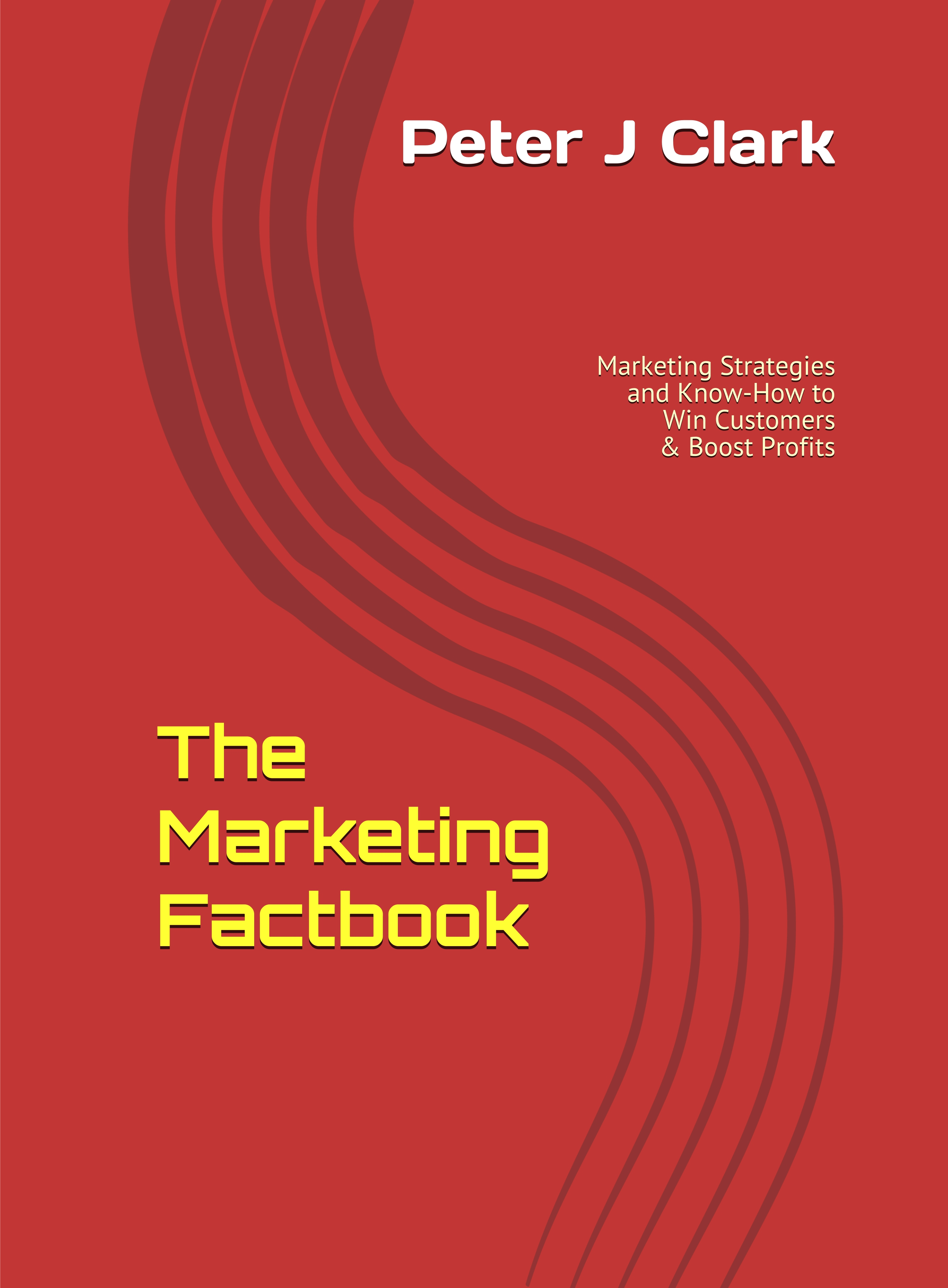Consumers smarter thanks to 'info overload'
Despite living in an age of information overload, 62% of consumers believe that the internet and social media actually make decisions easier than ever before, according to a study by IBM which revealed how the next generation of consumers recognises the value of 'big data' and is actively analysing multiple sources of information to make more informed decisions.
The survey of over 2,000 individuals in the UK found that consumers are rapidly becoming more analytical in the way they make decisions, developing formidable filtering and comparison skills in order to rapidly make judgements in all areas of their lives.
Broadcast media such as television and radio is now an average of five times less influential on consumers' decision-making processes than are internet-based sources, while young adults (aged 18 to 24) are twice as likely to use social media to research their purchases as consumers in the 35+ age bracket. Consumers also now say they value online 'crowd-sourced' word-of-mouth (such as opinions on review web sites) as much as the opinions of their own friends and family.
When browsing across social media, forums and review sites, consumers are increasingly applying cross-checking and filtering processes as a matter of course. Just as public and private sector organisations have recognised the value of 'big data' as a way of understanding their customers better, consumers are learning to analyse multiple sources of information to make more informed decisions.
The study provides some insight into how being more analytical is affecting all aspects of people's decision-making. Apart from advice from friends, family and Ofsted reports, almost one third of parents said they consult parenting websites before choosing schools for their children. Again, the new generation of analytical consumers is more likely to use online data sources to make decisions, with 39% of 25-34 year olds saying that they would visit a site such as Mumsnet before choosing a school.
However, despite the growing influence of user-generated opinions online, the analytical consumer is still quite traditional in the way they judge the worth of these opinions. The research shows that over a third of consumers (35%) say that good spelling and grammar is an important factor when weighing up the value of user reviews. Perhaps most surprising was the finding that 40% of 18-24 year olds are negatively influenced by poor spelling and grammar; higher than the average across age groups.
And for those companies that believe a sophisticated website with cool graphics is the way to the analytical consumer's heart, there is unwelcome news: ease of access still wins over style (58% compared to only 24%).
"This shows that, rather than struggling to deal with information overload, modern consumers are proactively using the abundance of data sources available to them to be more savvy about the decisions they make," concluded Vivian Braun, a consumer analytics expert for IBM. "If businesses want to develop personal relationships with their target audiences then they need to understand what's influencing their decision-making. To do this, the use of tools such as social media analytics will inevitably become more widespread. As consumers become more analytical, so must the companies and organisations they interact with."
Sources: IBM / The Marketing Factbook.
Copyright © 2012 - 2025 The Marketing Factbook.
Categorised as:
- Customer Experience
- Knowing The Customer
- Marketing Know-How
- Marketing Technology
